The experts are also looking at the larger issue of whether climate change drives evolution.
Australian team leader David Lambert is collaborating with Siva Swaminathan, who leads the Indian side, under the aegis of the Australia-India Strategic Research Fund (AISRF).
The AISRF was established in 2006 to facilitate and support science and technology research cooperation between the two countries.
'When global temperatures change (up or down), many animals do not biologically adapt to that change, but simply move to where things are warmer or cooler,' Lambert said.
'With global warming, Adelie penguins are not able to move to a cooler place since they already live in the coldest place on earth. So, they have no option but to adapt,' he said.
In yet another collaborative programme, Arnold Dekker from the Commonwealth Scientific and Industrial Research Organisation (CSIRO) led an Australian team at a recent workshop with Indian researchers to monitor ocean health through remote sensing.
Dekker said researchers use satellite-based observation of earth's coasts and oceans to monitor ocean colour, which arises from changes in algae, suspended and dissolved organic material.
'Ocean colour helps us understand the interactions between aquatic ecosystems, climatic factors and human impacts,' he said.
The experts at the workshop agreed that understanding these interactions can help in forming better policies for protecting coastal reefs and ecosystems from potentially harmful disturbances caused by human activity and environmental stresses.
Source




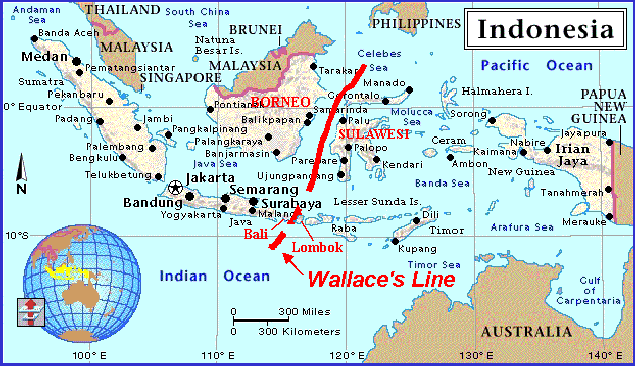


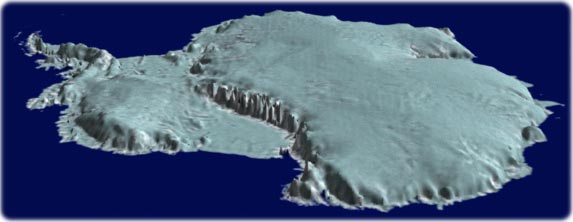
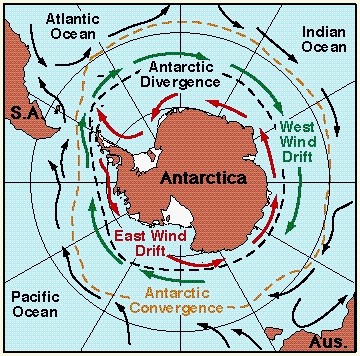





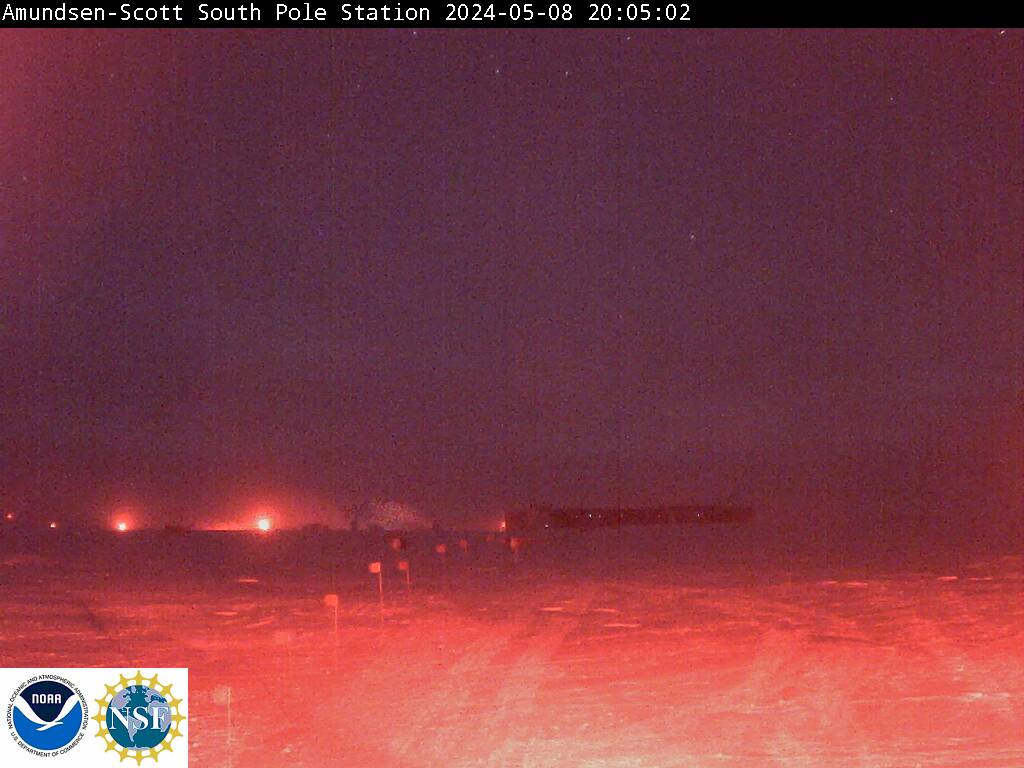
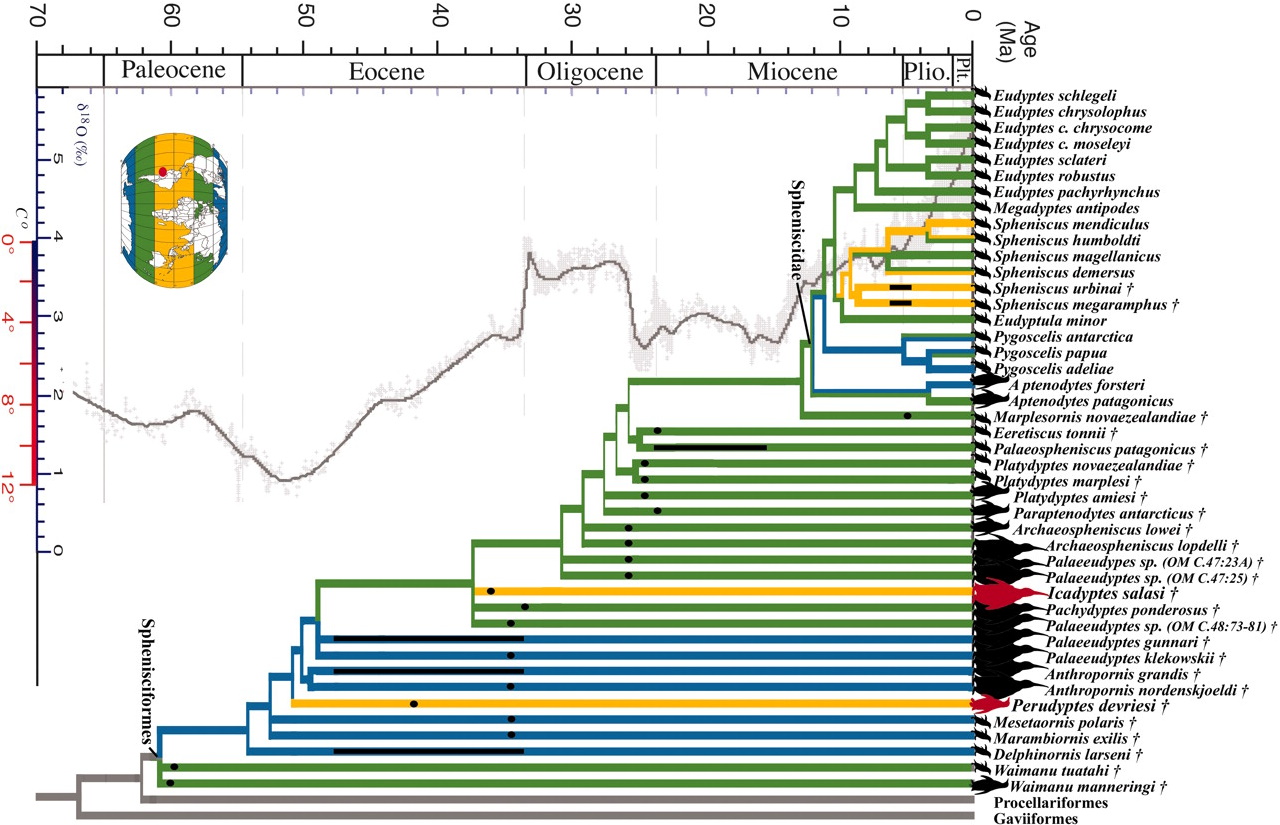

No comments:
Post a Comment